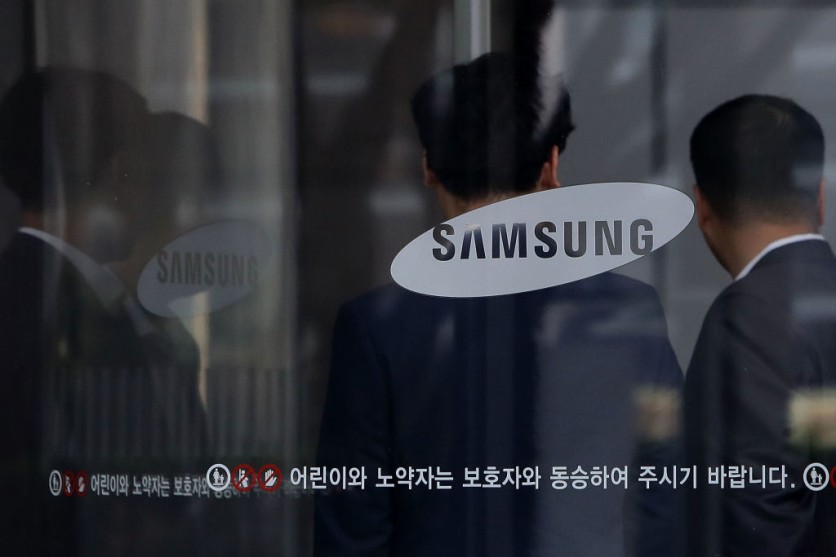The usage of different AI tools in Samsung's workplace is now prohibited as per the company's newest policy. This comes after discovering employees accidentally leaking sensitive data by uploading a code to ChatGPT.

Banning AI Usage
Samsung Electronic Co. notified its employee on Monday regarding a new policy. According to Bloomberg's report, the company is now banning employee use of popular generative Artificial Intelligence tools like ChatGPT after the data leak incident from one of its employees. This deals a setback to the widespread of this technology in the workplace.
This effort comes as Samsung is concerned that data transmitted to AI platforms like Google Bard and Bing will be stored on external servers, which makes it difficult for them to retrieve and delete. In a worst-case scenario, the sensitive data that may be confidential could end up being disclosed to other users.
The company noted to the employees that platforms like ChatGPT have been growing in the company both internally and externally. "While this interest focuses on the usefulness and efficiency of these platforms, there are also growing concerns about security risks presented by generative AI," the statement added.
Samsung's new regulation for its employees will ban the use of generative AI systems on company-owned computers, tablets, phones, and even on its internal networks. The company clarified that this will not affect the devices sold to consumers, including Windows laptops and Android Smartphones.
Employees will be terminated or will have disciplinary action as a result of breaking the new policies, like submitting any company-related information or personal data to AI platforms that could reveal intellectual property. Samsung stated, "We ask that you diligently adhere to our security guidelines."
Leaking Critical Source Code
Samsung's semiconductor division allowed engineers to use ChatGPT to help them fix their problems in the operations with their source code. However, workers of the company accidentally entered sensitive data, including the new program's source code, internal meeting notes, and hardware-related information.
The company also discovered three incidents of employees leaking confidential information via the platform over the course of 20 days. Because of this, Samsung's trade secrets have become OpenAI's intellectual property as the platform retains user input data to refine its algorithms.
Also Read : Analysts and Executives Suggest Microsoft Should Replace Google on Samsung Phones No Matter the Cost
Samsung is one of the biggest companies in the industry that expressed its concern about Artificial Intelligence. Earlier this year, several Wall Street banks either banned or restricted the use of OpenAI's chatbot service after it became popular. This includes JPMorgan Chase & Co., Bank of America Corp., and Citigroup Inc.
Ars Technica reported that Italy also restricted the use of the platform over privacy fears. But only yesterday, OpenAI gives in to the country's data privacy demands, leading to the ban being lifted by the Italian authorities.
Related Article : Samsung Pushes Back on Memory Chip Manufacturing, Anticipates Lowest Profit Since 2009

ⓒ 2026 TECHTIMES.com All rights reserved. Do not reproduce without permission.




